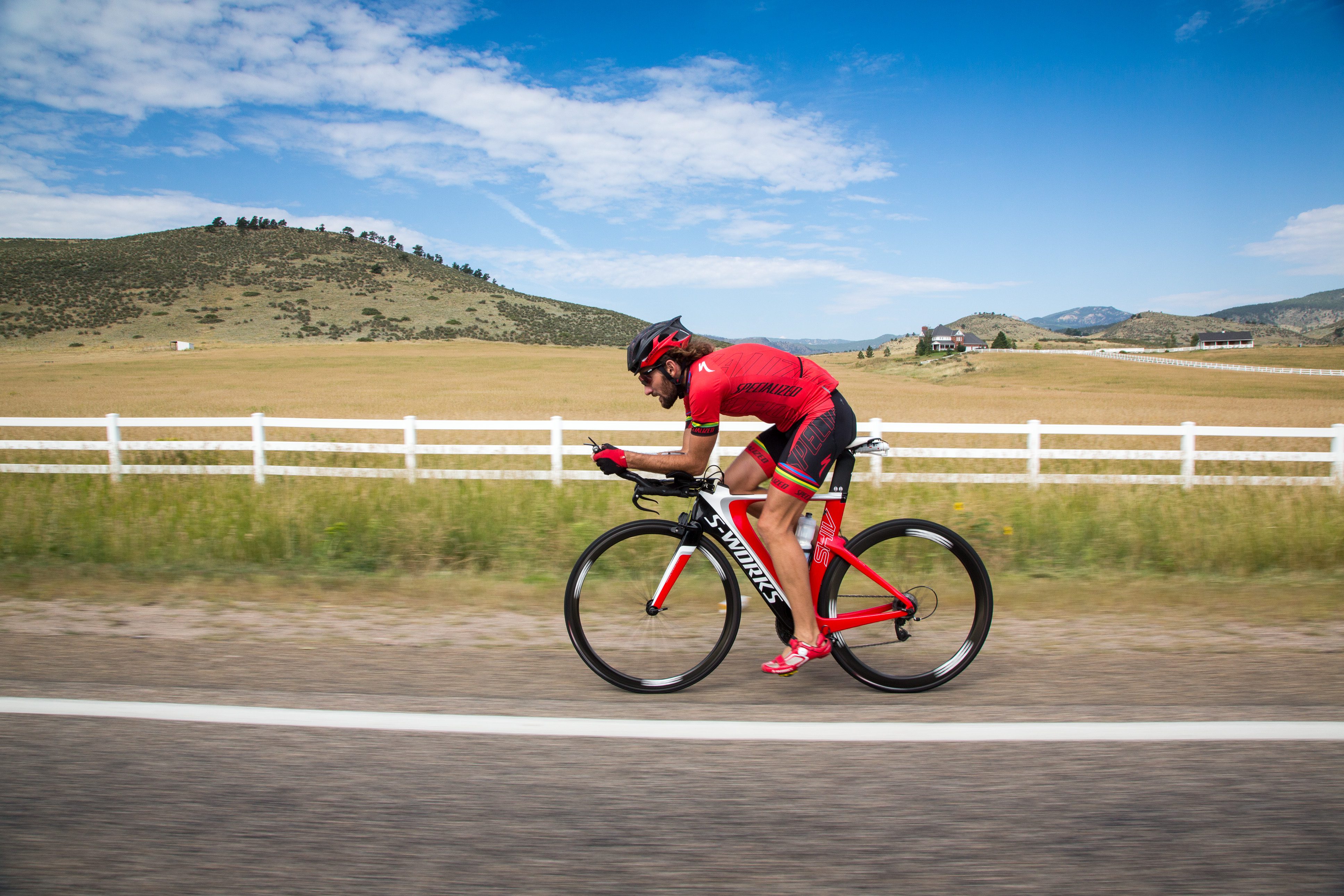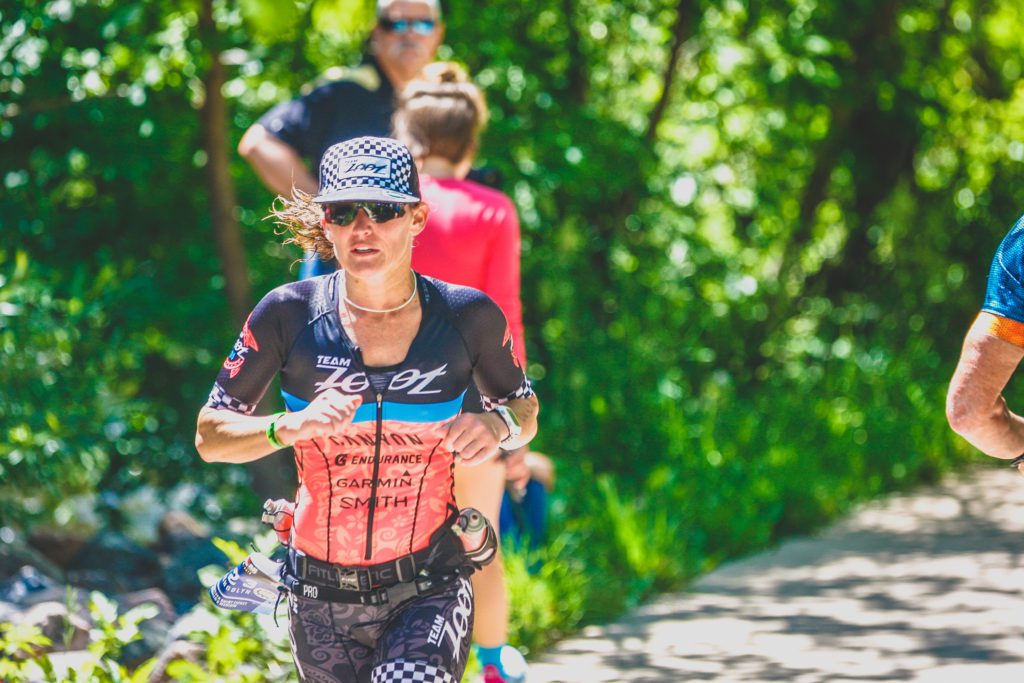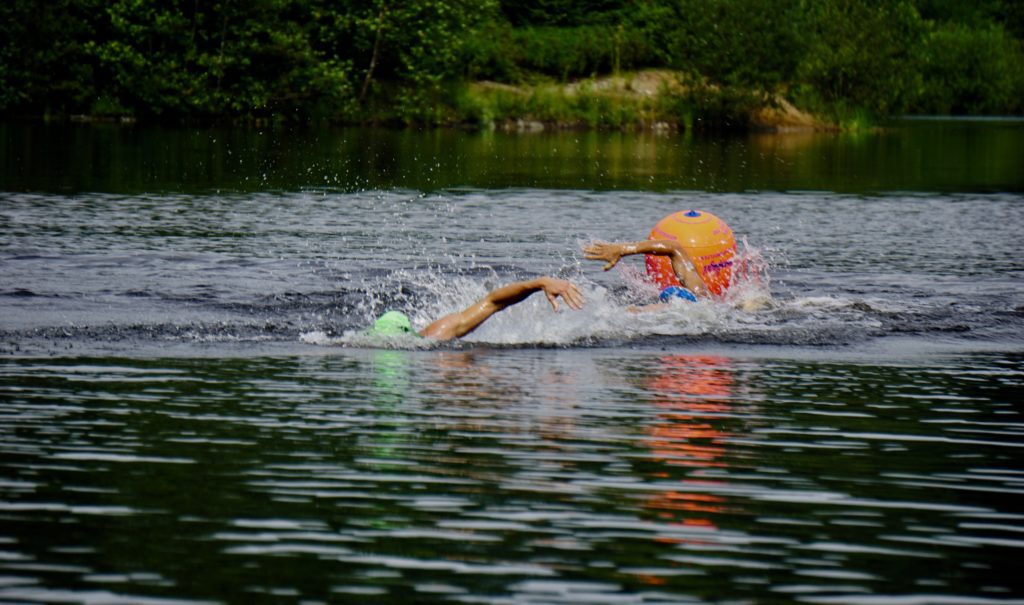Your Ironman training camp

Training camps are a great way to dial in your workouts before a big event, especially an Ironman. While some may reserve these camps for the winter or spring, doing a training camp eight to four weeks before your competition does have its benefits.

Related: Triathlon training camp hotspots
Ideally, you’re able to do an Ironman training camp on the course you’ll be racing. For example, weeks before Ironman Lake Placid, hundreds of triathletes were doing course recons, so they were familiar with their surroundings on race day. If you’re unable to, try to pick a location that offers open water swimming and conditions (weather and road) similar to the area of your upcoming race.
Related: Daniel Clarke: Lake Placid training camp
Regardless, a week or long weekend spent training can give you a boost of fitness heading into the final month of race preparation. It’s important to focus on getting in quality race simulation efforts, but also giving your body adequate time to recover.

Here are some points to think about as you head into your Ironman training camp.
Related: Training camp pro tips from Angela Naeth
Six tips for your training camp
- Course recon: Get to know the course. Be familiar with landmarks and make notes on pacing.
- Open water swims: For most triathletes, we don’t all have access to open water swim locations. When at a training camp, it’s a good idea to do several sessions in the water. Practice sighting, swimming in currents and around other athletes. If you’re able to swim on course, take note of your surroundings and what landmarks you can use for sighting.
- Fuel properly: When you’re doing big race simulation days, make sure you have a nutrition plan in place. Fuel yourself as you would in a race and make sure you come into a workout topped up and ready to go.
- Recovery: Recovery time is vital. You may be fired up to crush a big week of training with no distractions, but stick to the plan of building for race day. Give yourself enough rest and recovery between hard sessions. It’s a good idea to have a plan made heading into the camp. It will keep you accountable, so you don’t get caught up in the excitement of training and make things up on the go.
- Motivation heading into the last block of training: You aren’t racing the Ironman tomorrow, so don’t read too much into your ‘performance” or ‘feelings’ at the camp. Use the camp as an opportunity to get in good training before you enter the last few weeks preparation.

